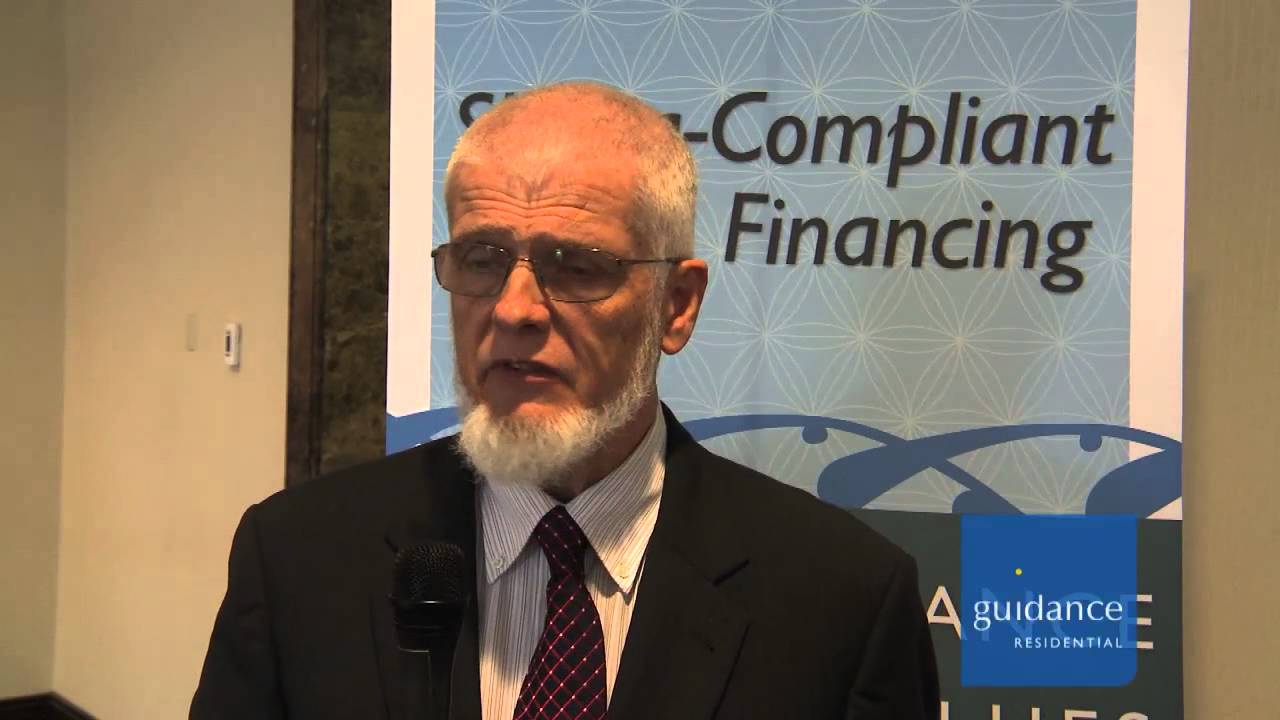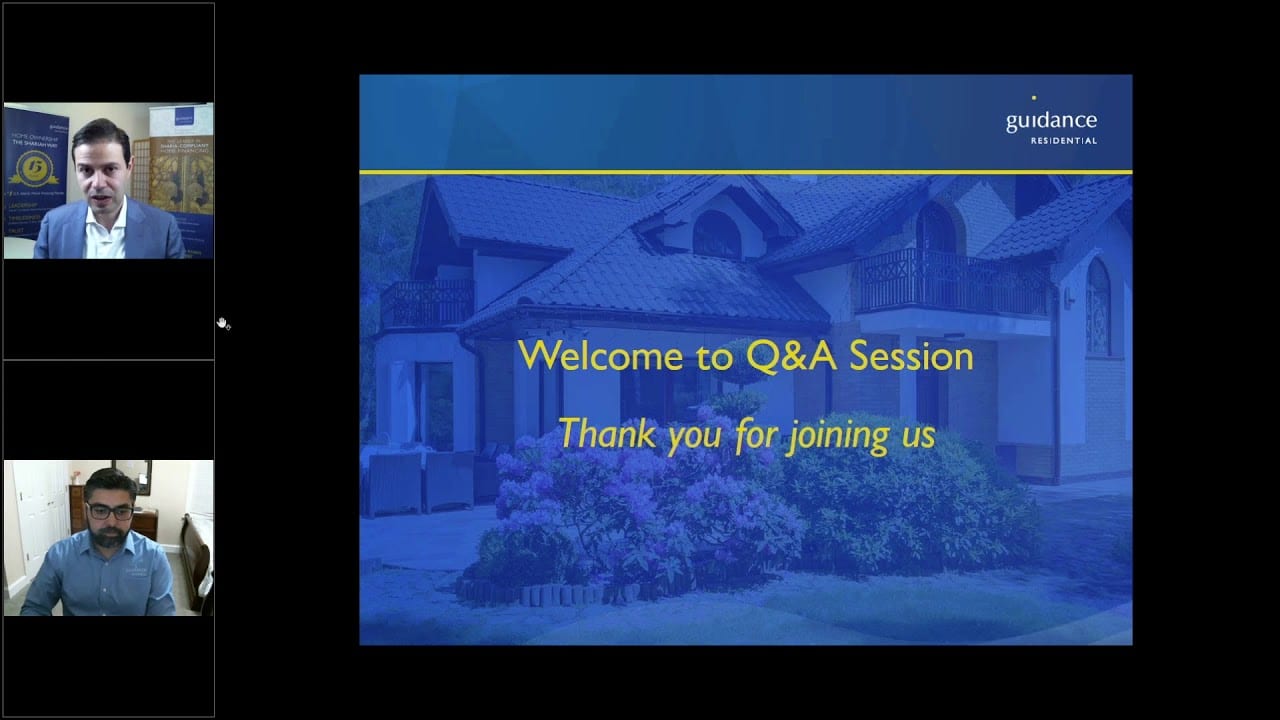Ethical Banking: What It Is and Why It’s Important

Buying a home is more than just a practical financial move. For the new homeowner, it’s a means of stability that looks ahead toward future generations. It’s a way of putting down roots in a community. It is usually the biggest investment of a person’s life. It’s the place that becomes the setting and backdrop for every major life event to come. It’s a big deal. Thus, financing that home should align with the homeowner’s values.
Often, financing through a bank is seen as a kind of necessary evil, a hurdle that must be overcome. However, there is another path. This article illuminates that path by explaining ethical banking and its importance.
What Is Ethical Banking?
Ethical banking involves making financial choices that take into consideration how banking practices affect society and the environment. People and companies who take part in ethical banking are trying to make financial decisions that benefit themselves without sacrificing their values or causing harm to others or to the Earth.
Ethics in Banking and Finance: A Brief History
The first ethical bank, Triodos Bank, was founded in the early 1970s, setting out to loan the money entrusted to it in a responsible manner.
Interest in ethical banking grew after the financial crisis of the early 2000s, as onlookers observed that the situation was created not only due to economic causes but ethical failures as well. Those ethical failures included inappropriate and at times criminal behavior, such as concealing information, false advertising, inadequately assessing risk, and incompetent leadership.
The resulting crisis jeopardized the stability of financial markets worldwide, making it clear that ethics are far more than something nice to have in theory. More people came to the conclusion that ethical financial conduct can translate to greater stability and prosperity for societies and for individuals within them.
Governments have since tightened regulations, but major banks predictably continue to operate to maximize profits, leaving an opening for the creation of more ethical financial institutions. These ethical financial companies attract customers who want to bank or invest according to their values.
Why Is Ethical Banking Important?
Ethical banking offers the promise of stability as well as myriad other benefits for communities that choose to take this approach. Values-driven financial institutions should operate with transparency and avoid the kind of shady dealings that have destabilized economies in the past.
In addition, these institutions work to invest the money people entrust to them in ways that benefit their communities. They often invest in local initiatives and startups that provide social services within their neighborhoods, and they can often be found supporting local charities as well as endeavors to benefit the environment. All of this helps build stronger and healthier communities.
Islamic Finance: Ethics in Action
Islamic finance is a fast-growing market segment that operates according to ethical values including transparency, restraint, and a refusal to participate in any activities that take advantage of the weak or harm society. These ethics may be recognized as universal ones, aligning with Judeo-Christian values as well. Because of that, Islamic finance appeals to people of all faiths, as well as a growing number of socially conscious young adults who are looking to leave a positive impact on the world around them.
In a global market that predominantly operates through the conventional financial system, Islamic finance began its journey several decades ago. Initially, its patronage was limited to the Middle East, where it was conceived. But over the years, Islamic finance has grown progressively and has spread across several continents with assets growing into the trillions of dollars.
Let’s take a look at the ethical advantages offered by Islamic finance, which align with the values of Muslims as well as Christians—and even the United States’ Founding Fathers.
Imagine you were sitting in a room with Thomas Jefferson, James Madison, John Adams, and Benjamin Franklin. The topic of discussion? Banking and finance. If you’ve read their statements, you’d know they all voiced concern about private banks and corporations controlling money and its issuance, and the effect it would have on the people. In fact, if you heard John Adams say, “There are two ways to conquer and enslave a country. One is by the sword, the other is by debt,” you would rightly conclude that our Founding Fathers had strong convictions and were concerned about interest, credit and the spending and buying power of consumers.
Now imagine you were sitting in a room with the most notable Christian and Islamic financial scholars of the world, discussing the same issue—only they were quoting passages from the Bible and the Quran. For instance, Deuteronomy 23:19, “Do not charge your brother interest,” or “God has made commerce lawful and has forbidden interest,” Quran 2:275. Different room, same principles.
These two examples illustrate the alignment of values between interfaith communities—as well as help set the scene for U.S. Islamic finance today.
Ethical Advantages
What’s different about the Islamic banking system is the ethical and moral values it is based upon. It seeks to enable people to earn and grow money, benefiting individuals and society as a whole while restraining the richest and most powerful from taking advantage of the weak and vulnerable.
Shariah principles, or Islamic religious laws, forbid any investment that would support industries or activities that are considered harmful to the people and society in general. This includes usury (otherwise known as interest or riba), but they also prohibit speculation and gambling. To understand the wisdom of this, we need to look no further than the 2008 housing market crash, fueled in large part by widespread speculation and other irresponsible practices, irrespective of whether these are legal or not in a given territory.
>> Related Read: Do You Have to Be a Muslim to Get a Riba-Free Mortgage?
Shared Prosperity
One way Islamic financial principles prevent a housing-market-crash-kind of catastrophe is by requiring transactions to be backed by assets, such as actually buying a home together as partners. By contrast, a mortgage loan is not an asset-backed transaction—it is essentially the buying of money now for the promise of more money later, and money has no intrinsic value. Asset-backed transactions inhibit the kind of speculation that contributes to economic turmoil. Practices like these foster a healthy and vibrant economy where prosperity is shared.
Financial Justice
Financial justice is a basic requirement for the functioning of Islamic finance products. Western or conventional financing looks forward to profiting through interest payments and makes the beneficiary completely liable for any risk. Contrary to this, Islamic financing paves way for the sharing of net profit/loss and the risk involved in a proportional manner between the lender and the beneficiary. Therefore, if a financier is expecting a claim on the profits of a project, it is necessary that he/she should also carry a proportional share of the loss of that project.
Economic Growth and Stability
The understanding that any global debt increase means lower economic growth in the future, is leading many industries to begin utilizing Islamic finance principles as a way to contribute to the greater good. For example, Silicon Valley—the center of innovation with high economic growth rates—is almost completely financed with equity and uses an Islamic finance structure.
Start-ups for high-tech innovation, scientific development companies, and global technology companies understand that Islamic finance principles serve to insulate them from excessive leverage and uncertainty which in turn contributes toward promoting financial stability. Financial stability for companies leads to a healthier economy.
Islamic finance companies themselves have profit creation and growth as their objectives. Outside of home finance, Islamic banks earn money through investing in businesses they think are likely to grow and succeed. In the Islamic banking industry, each bank will naturally try to outperform its competitors through wise investments. This can result in a high rate of return, which benefits both the bank and those who deposit money with it—because as those individuals help fund the investments, they gain a share of the profits. This profit can be higher than in a conventional bank, where people who deposit money earn only a predetermined interest rate while the bank earns the rest of the profits from using their money.
For which, they choose to invest in businesses based on their potential for growth and success. Thus in the Islamic banking industry, each bank will invest in promising business ventures and attempt to out-perform its competitors, in order to attract more funds from its depositors. This will eventually result in a high return on investments both for the bank and the depositors. This is unlikely in a conventional bank, where depositors redeem returns on their deposits based on a predetermined interest rate.
In other words, in Islamic finance, investments are approached with a slower, insightful decision-making process, when compared to conventional finance. Companies whose financial practices and operations are too risky are usually kept away by Islamic financing companies. By performing intensive audits and analyses, Islamic finance promotes the reduction of risk and creates the space for greater investment stability.
Shared Risk
Islamic finance uses the concept of shared risk versus debt to promote sustained, inclusive, and sustainable economic growth. Sharing risk—or risk management—is a method in which the cost of the consequences of a risk is distributed among several participants in an enterprise.
This “sharing” and distribution allows for a more just outcome if something goes wrong—there is not an unfair burden on the borrower. Interest is a means by which wealth is concentrated in the hands of a few, and the debt that can be realized as a consequence of interest puts many individuals, families, and even corporations in a more precarious financial position. Because of the dissatisfaction with traditional financing, Islamic finance—as an industry that is founded on shared risk—is seeing tremendous growth.
Environmental Sustainability
How can the Islamic finance industry have an impact on the sustainability of our planet? As responsible consumption is a principle in Islam, waste is wrong and requires the re-use of goods, waste products, and recycling of materials as much as possible.
Islam also teaches the importance of not wasting water. Clean water and sanitation affect two billion people around the world so searching for ways to conserve water are of the utmost importance to our planet. Water and other natural resources are a sacred trust and protecting them for future generations is a primary responsibility.
Urging our youth as well as our community to use responsible consumption and to create dwellings that reuse materials in an efficient manner is one way that Islamic finance supports sustainability initiatives.
Alignment with One’s Faith
Before Islamic finance products were readily available in the U.S., Muslim Americans who wanted to uphold Shariah law could not participate in the American Dream of owning a home because the pathway to owning a home involved interest, or riba, which is not permitted.
Homeownership is considered to be an essential part of the American dream and leads to stronger, healthier, and safer communities. In the spirit of this dream, Guidance Residential set out to create a modern Islamic home financing solution.
In 2002, after a three-year, multi-million dollar research and development project involving eighteen law firms and six of the world’s leading Islamic finance scholars, Guidance Residential’s Declining Balance Co-Ownership Program was created. The premise of the program is that the client and the company are co-owners of a property, and the client purchases shares over time from the company until becoming the sole owner.
Other advantages of the program are no prepayment penalties, shared risk without the financier claiming a share of the profits in a sale (or a share of the increase of the home’s value that would happen over time), and the company—unlike a bank—has no recourse to come after personal assets in the case of default.
>> Related Read: Learn the Difference Between an Islamic and Conventional Mortgage
What a beautiful thing that this conflict is no longer necessary now that a competitively priced Islamic financing option is widely available through Guidance Residential, coast to coast to people of all faiths.
Even better is that when looking beneath the surface, it becomes clear why this type of financing is advised. It promotes justice, helps to grow a healthy society, and protects the vulnerable. Purchasing a home through Islamic financing is a beautiful way to align life’s biggest investment with the home buyer’s deepest values. Financing a home this way is a source of comfort and pride.
Explore ethical home financing with Guidance Residential today. Get pre-qualified online in fewer than 10 minutes now.
Originally published July 2015, updated April 2023.




